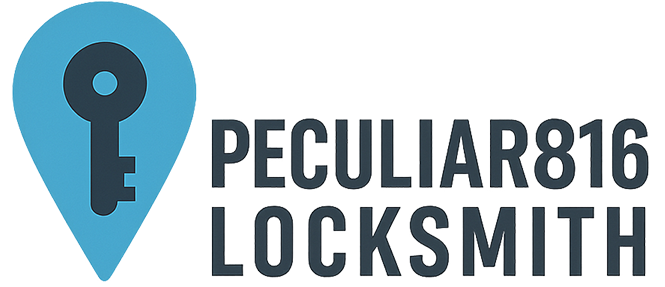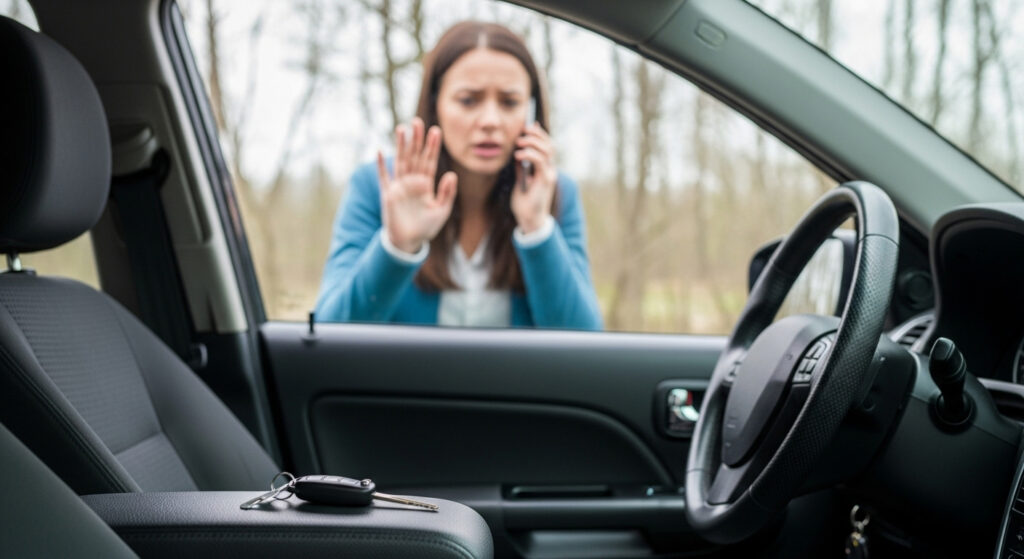Tips for Changing Locks After a Roommate Moves Out
Ensure your home’s security and peace of mind with practical, professional tips for updating locks and access after a roommate leaves.
Why Changing Locks Is Essential
When a roommate moves out—whether on good terms or not—it’s essential to reassess your home’s security. Even if they returned keys, duplicates may exist. Changing your locks is one of the most effective ways to protect yourself, your belongings, and your peace of mind. This guide covers practical, step-by-step tips to make the process smooth, cost-effective, and safe.
Quick Checklist
Identify all entry points
Front/back doors, side entrances, garage doors, basement entries, and windows — don’t overlook any access point.
Choose rekeying or replacement
Rekeying is cheaper; replacement is better for old, damaged, or low-security locks.
Consider smart locks
Smart locks allow remote control and instant revocation of access without swapping hardware.
Work with a pro
A locksmith ensures correct installation, stronger security, and complete coverage of every door and entry.
Step-by-Step Tips
Follow these practical tips to secure your home after a roommate moves out.
Tip 1: Assess All Entry Points
Inventory every access point before doing anything else. This includes front and back doors, side entrances, garage doors, basement doors, and windows with locks. Make a checklist and mark which locks are original, which are aftermarket, and which may need inspection or replacement.
Tip 2: Decide Between Rekeying and Replacing
Rekeying changes the internal pins so old keys no longer work and is usually faster and less costly. Replacement installs a new lockset and may be best if the lock is worn, corroded, or low-quality. Consider the age and condition of your hardware when deciding.
Tip 3: Upgrade to High-Security Locks
High-security locks resist picking, bumping, and drilling, and often come with patented keyways to prevent unauthorized duplication. If you want long-term protection, invest in a recognized high-security brand and certified hardware.
Tip 4: Consider Smart Locks
Smart locks enable app control, temporary guest codes, and audit trails. They let you revoke access instantly without calling a locksmith. If you rent a room or expect frequent guests, a smart lock can simplify access management.
Tip 5: Don’t Forget Secondary Locks
Secondary mechanisms—window locks, sliding door bars, garage door locks, and interior deadbolts—are often overlooked. Check and secure them too; a single weak point undermines the rest of your security.
Tip 6: Work with a Professional Locksmith
A licensed locksmith evaluates your current setup, recommends the best approach (rekey or replace), and installs hardware correctly. Professionals also handle specialized locks, safe work, and offer warranties on workmanship.
Tip 7: Keep Spare Keys Secure
Avoid obvious hiding places (under mats, planters, or door frames). Instead, store a spare with a trusted friend or family member, or use a secure lockbox. If you use a smart lock, reduce physical spares and rely on coded access where appropriate.
Tip 8: Update Access for Other Household Members
Make sure roommates or family members receive new keys or codes immediately. Communicate clearly who should have ongoing access to avoid accidental lockouts or confusion.
Tip 9: Change Locks Promptly
Don’t wait. The sooner you change locks after a roommate leaves, the lower the risk that lost or copied keys are used. Aim to rekey or replace locks the same day the roommate departs if feasible.
Tip 10: Review and Maintain Locks Regularly
Locks wear over time. Inspect hardware seasonally for corrosion, loose screws, or misalignment and schedule maintenance or upgrades. A proactive approach keeps your home secure and reduces emergency calls.
Extra Advice & Common Questions
Should I rekey every lock or only the main door?
Prioritize exterior doors and the garage first. If interior doors provide direct access to valuables, include them. Rekeying only the front door is a short-term step — for full peace of mind, cover all external entry points.
How much does rekeying cost compared to replacement?
Rekeying is typically less expensive because it uses the existing lock hardware. Replacement costs more due to new locksets and labor. Get quotes for both if budget and security both matter.
Can I rekey or change locks myself?
Basic rekey kits exist, but improper installation can reduce security. For complex lock systems, smart locks, or high-security hardware, hiring a professional reduces mistakes and ensures warranty coverage.
Benefits of Acting Immediately
Peace of Mind
Updating locks removes uncertainty about who might still have access to your home.
Improved Safety
New or upgraded locks offer better resistance against forced entry and modern attack techniques.
Convenience
Smart locks and code-based access eliminate physical key distribution and simplify guest access management.
Need Professional Lock Changing Services?
We provide fast, reliable, and affordable lock changes—rekeying, replacement, smart lock setup, and full security assessments. Protect your home immediately after a roommate moves out.
Bottom Line
Changing locks after a roommate moves out is more than a precaution—it’s often a necessary step to ensure your continued safety. By assessing entry points, choosing the right approach, and working with trusted professionals, you can secure your home effectively and affordably.

